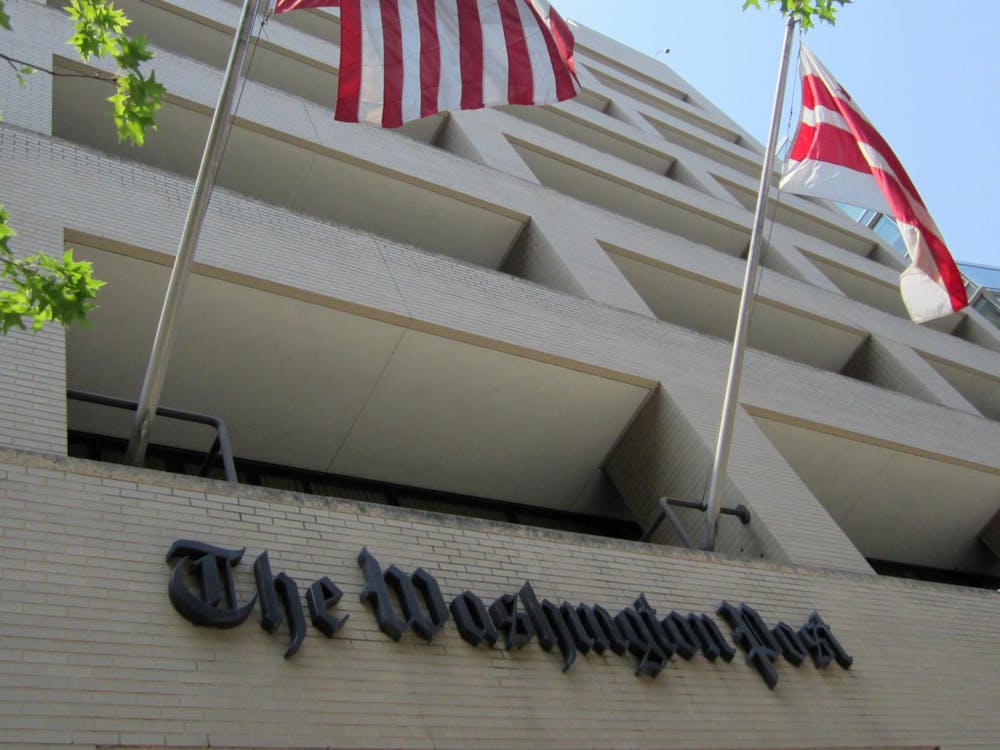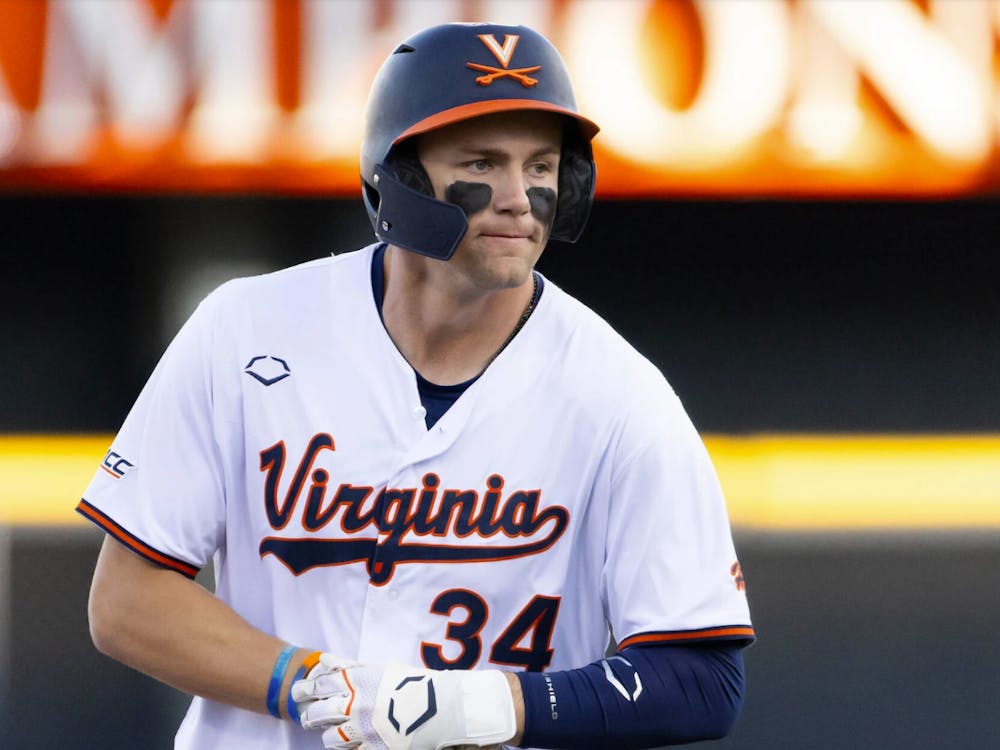For months now, David Stern and his cronies - read: the NBA owners - have maintained, or at the very least alluded, to the idea that if the players agreed to a 50/50 split of basketball-related income, a deal would ultimately get made. They've professed that as a business, the NBA is currently failing, and that, despite coming off one of the best seasons in league history, the owners are losing money across the board. And while the miniscule amount of financial information the league publicly disclosed never quite validated this claim, an even split of revenue has continued to be Stern's sticking point throughout the lockout.
Honestly, I always thought this issue would wind up being the main impediment to striking a new CBA and starting a new season. I thought the owners were demanding too much, that a 7 percent swing in revenue sharing was audaciously excessive and grossly unrealistic, and that the players' union would never concede to those terms.
Obviously I thought wrong. Just this past weekend, after weeks of steadfastly refusing to drop below 53 percent, union President Derek Fisher announced that the union would in fact accept the NBA's 50/50 proposal. Many imagined this to be the ultimate concession - the last in a long list - and that such an extreme showing of good faith by the players would finally enable a deal to be completed.
For the first time in a long time we had actual compromise, and with it came a sense of optimism. When the two sides came together Monday for an 11th-hour meeting and the NBA presented the players with one final proposal, it seemed that, finally, the lockout would end.
There was only one problem, though - the proposal was ludicrous.
After begrudgingly agreeing to the owners' terms on basketball-related income, the players understandably expected them to now join in the nature of compromise and back off some of their more extreme structural positions. The deal the owners presented to the players, however, was eerily similar to the one they had been calling for all throughout the lockout. The proposal outlined a league structure which was astonishingly void of many, if any, concessions on behalf of the owners.
Extend-and-trades were still banned and sign-and-trades still curtailed - two stipulations which would dramatically reduce players' freedom in free agency, contradiction notwithstanding. The new and much-maligned "amnesty" clause and "stretch" exception both were still very much included, each helping to further ease the owners' financial burden. The luxury tax was tinkered with to the point that it could pass off as a hard cap in dim lighting, while the mid-level exception was now restricted to a maximum of four years. And lastly, there was a new "D-League Clause" thrown in such that players could be sent down to the developmental league, at reduced pay, on a whim.
The players were furious with the deal and felt it was a blatant show of disrespect from Stern and the owners. They took the proposal as an antagonistic insult, a pugnacious slap in the face, and they responded in a way no one thought they would, or even could. They read Stern's self-declared "take it or leave it" proposal, discussed it and dissected it, and then emphatically left it, opting to disband the union instead.
It was a shocking, unprecedented move, and its impact resounded throughout the entire sports world. A players' union disbanding to file an antitrust lawsuit against the owners this deep into a lockout has never been seen before. It's the ultimate power play possible for a side with few available in its arsenal, as the move acknowledges that the players are firmly willing to miss an entire season for the sake of a fair deal. And while the depressing prospect of a full year lost has made the union's choice a wildly unpopular one among fans, the unity and resolve the players displayed by taking a stand cannot be ignored.
In general, lockouts run a very similar and predictable course. Talks start and stall frequently, as players contend that owners are not negotiating fairly, that the league is abusing its power as a monopoly. An antitrust lawsuit may be filed - as was the case in last summer's NFL lockout - but always in a timely fashion, leaving enough time for it to be settled and a new deal struck. And then, as the season nears and potential paychecks are lost, the players eventually cave and the union splits, which usually results in the formation of a very owner-friendly deal.
It's a blatantly unjust song-and-dance routine, and it is only publicly tolerated because, as a lockout extends in length, fans' concerns are solely focused on getting their favorite sport back, and thus they completely disregard the idea of equality or business ethics.
That's why, when the union was presented with one last, unalterable deal Monday - one last opportunity for players to salvage their salaries - everyone thought they would take it, fair or foul. And that's why, when the meeting ended and we watched and listened as all the players resolutely stood side-by-side at the podium and declared that they had decided to disband as a union and sue the league rather than accept the deal, it was so very shocking.
The players felt they were being cheated so egregiously and exploited so shamelessly that the lockout no longer just concerned themselves and their league, that it now had other, far-reaching consequences. They were fighting for athletes present and future everywhere, fighting against a precedent that would allow owners to concede nothing in negotiations and demand everything.
Whether they will succeed in their fight, I do not know. Nobody does. Hopefully, you just won't ignore that it's happening.






